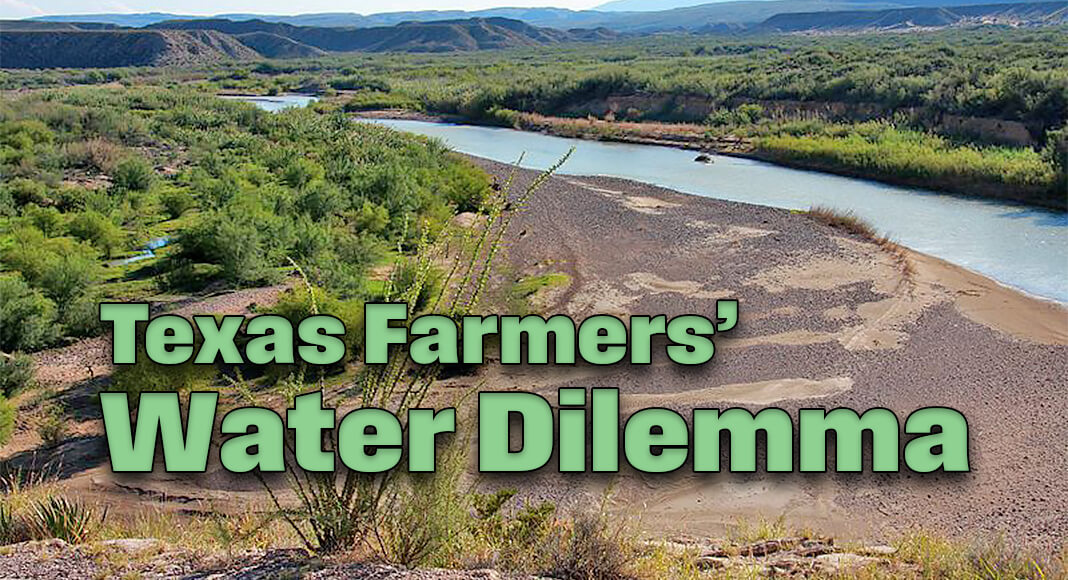
Texas Border Business
Texas Border Business
South Texas farmers face a tough decision as Mexico offers 120,000 acre-feet of water to help mitigate severe drought impacts. While this one-time allocation could alleviate the immediate strain on dried fields, accepting it requires farmers to forfeit water they’ve reserved for next year’s planting. This creates a high-stakes gamble between immediate survival and future security, particularly given the region’s climate challenges. The current reserves act as a buffer, and using them now could deepen water scarcity if expected rains don’t replenish supplies.
The Texas Commission on Environmental Quality (TCEQ) further complicates the decision with concerns about fairness. Some water rights holders would gain unrestricted access to the San Juan River water, while others could feel slighted. With state water resources tightly regulated, unequal treatment could disrupt an already complex system, straining trust among stakeholders and complicating future water governance.
Adding urgency, Mexico’s Marte R. Gomez reservoir could spill if more rains occur, making this a “use-it-or-lose-it” scenario. Texas Agriculture Commissioner Sid Miller’s recent executive order aims to expedite water access, though its legal grounding is uncertain. TCEQ has noted that Miller’s order may fall outside his authority under the Texas Water Code, leaving red tape to delay the decision and risking the loss of this water to the Gulf of Mexico.
Internationally, this offer could ease Mexico’s water debt to the U.S. under a 1944 treaty. However, while accepting the San Juan River water might reduce this deficit, Texas farmers must still relinquish their reserves, with limited local benefits. This treaty context adds diplomatic pressure, though it does little to address the on-the-ground impact on local farmers.
Ultimately, Texas farmers are forced to choose between temporary relief and risking long-term stability. Reservoir levels remain dangerously low, and there’s no guarantee of rain. Refusing Mexico’s offer risks immediate losses, but the substantial investments required for crop cycles make a full-season commitment with limited water daunting. This dilemma embodies the global challenge of balancing immediate needs with sustainable resource management in an increasingly arid climate, with every drop counting. Texas farmers are now grappling with a choice highlighting the complexities of shared water management and climate resilience, underlining how urgent and intricate water governance has become.












